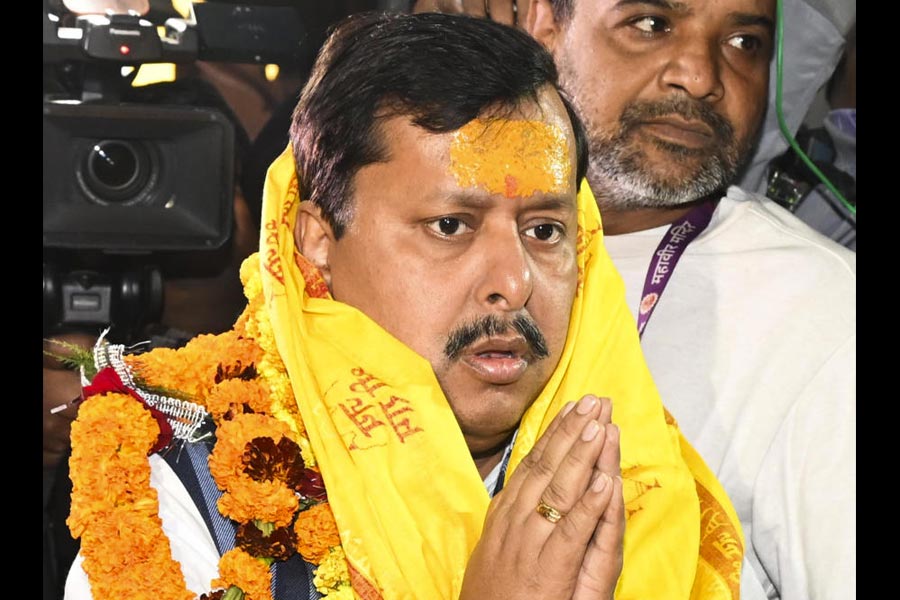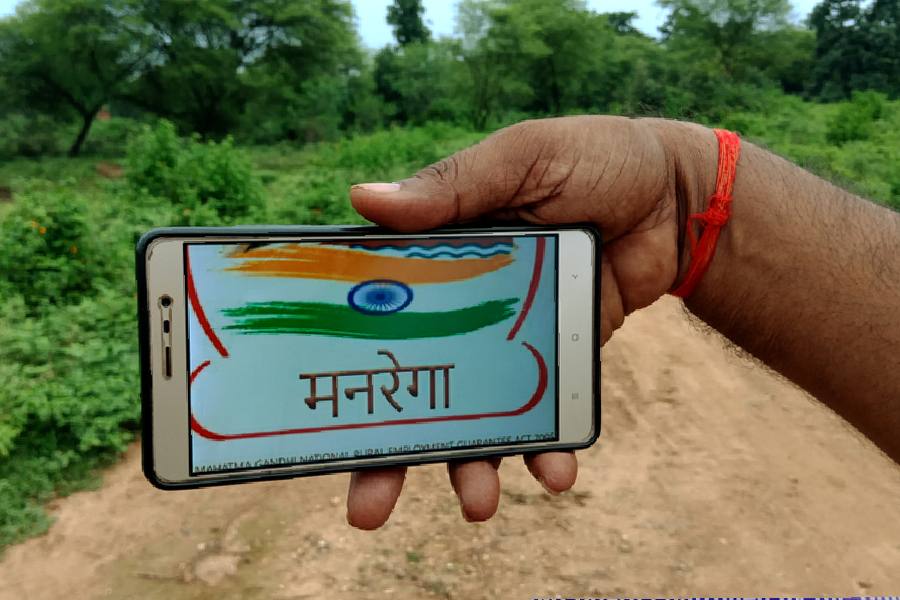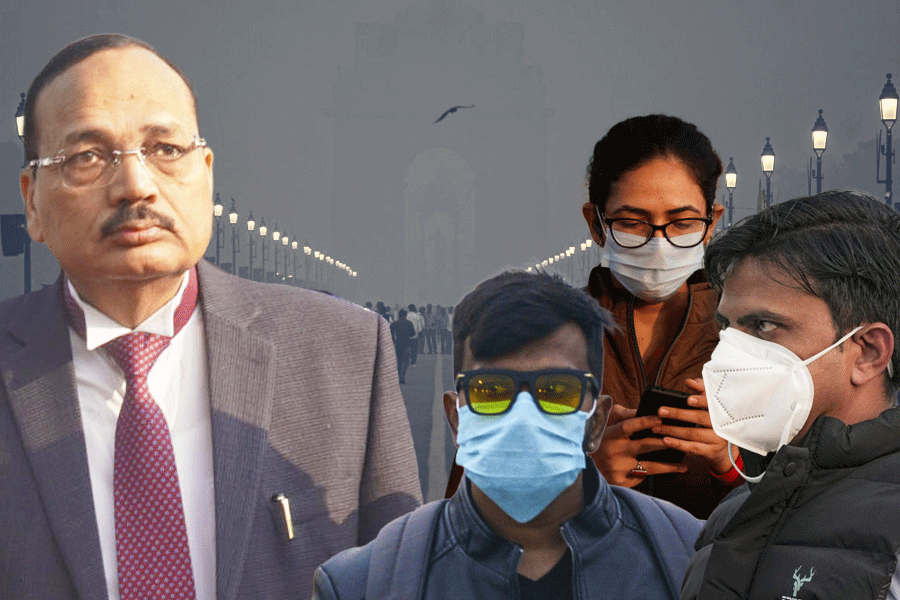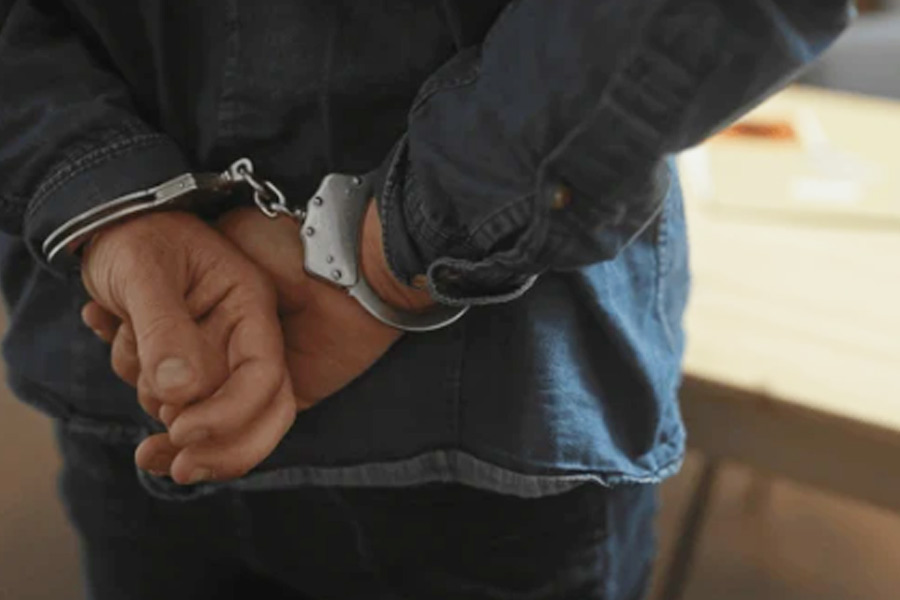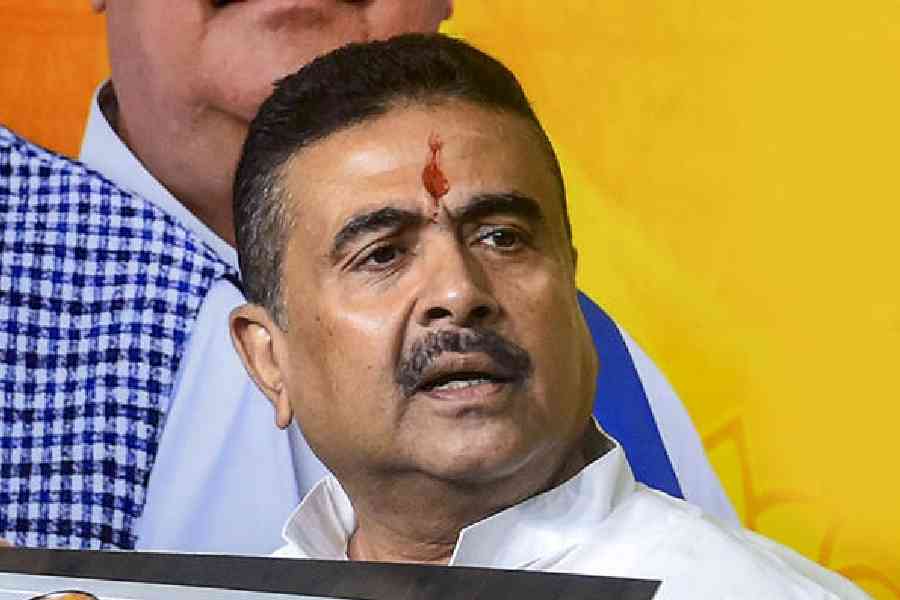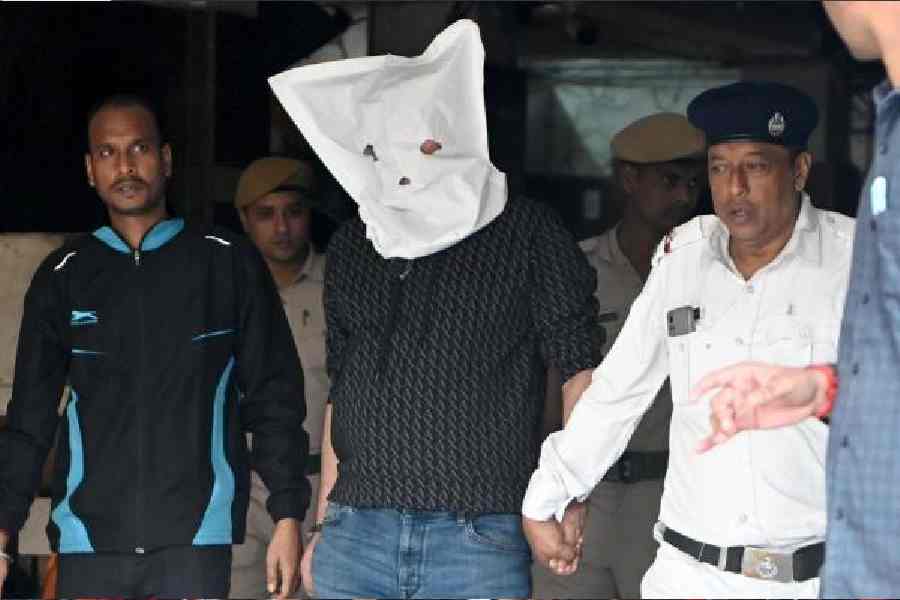 |
One would like to agree with Manmohan Singh’s optimistic view that the return of the two marines represents the triumph of “the integrity and dignity of the Indian judicial process.” But the initial refusal to send them back, followed by a return that is hedged in with conditions, signifies a lack of faith in Indian justice. Clearly, Italy shares the scepticism that prompted Penderel Moon, India’s staunch friend among British administrators, to lament that the judiciary obstructs rather than promotes justice.
India now has a chance of redeeming its reputation. It can live down the mix of arrogance and obsequiousness that emboldened even an Italian like Silvio Berlusconi, convicted of fraud and facing a sex trial verdict, to say that bribes are necessary “when you are negotiating with third world countries and regimes.” But that means seriously addressing the flaws that make a mockery of our investigative and judicial systems. High Indian functionaries stress that the law rules out arrest and execution (Rome’s two concerns) in this case. But being familiar with India and Indians, Staffan de Mistura, the deputy foreign minister who accompanied the marines back, must know it is not what the law says that really matters. It is what lawyers (and others) do. The vast gulf between principle and practice often seems unbridgeable.
It has been calculated that it will take 320 years to clear the backlog of 31.28 million cases pending in all courts. According to WikiLeaks, an American embassy cable blamed delays at least partly on there being only 13 judges per million of population. The same cable branded the police as corrupt, inefficient, poorly trained and overworked. Indian policemen cut corners, it said. They are incapable of solid forensic investigation. The charge of using torture during interrogation is believable considering the number of accused who allegedly commit suicide in jail.
Indictments seem to have little effect. Fourteen months after the two fishermen were killed, the Supreme Court accused the government of “dragging its feet” on setting up the special court to try the Italian marines. The Supreme Court also declared last week that the Bombay serial blasts might not have happened but for greedy police and customs officials. “Police officials are the foundation for the existence of the rule of law. If they collapse, the whole system breaks down.” The court did not deliver its own “final verdict” in the Bombay serial blasts case until 20 years and nine days later. Sanjay Dutt complained of being branded a terrorist for more than 13 years until he was exonerated under the Terrorist and Disruptive Activities (Prevention) Act. It has taken 14 years to charge the four Bollywood actors, including Saif Ali Khan, in the blackbuck shooting case.
The topmost investigating agency, the Central Bureau of Investigation, raided the homes of M. Karunanidhi’s son within hours of the Dravida Munnetra Kazhagam withdrawing from the United Progressive Alliance. The alleged illegal purchase of imported luxury cars seemed a plausible enough reason. But the reason seemed to vanish the moment someone on high frowned in disapproval. The same talent for veering with the political wind was evident when the CBI told the Supreme Court that it had a watertight case against Mayavati for accumulating disproportionate assets. Her Bahujan Samaj Party was then at odds with the UPA over the Indo-American nuclear agreement. She was given a clean chit as soon as difficulties with the UPA were resolved.
Massimiliano Lattore and Salvatore Girone are not the first foreigners to fall foul of Indian law. Mary Tyler, an English schoolteacher accused of being a Naxalite and a Chinese agent, languished in Bihar jails for five years without trial. Prosecution and defence counsel were suspected of colluding to prolong the case to add to their fees. Tyler’s book, My Years in an Indian Prison, does not make comfortable reading. But there have been worse indictments, including the testimony of Peter Bleach (picture), the second accused in the Purulia arms drop, who suffered imprisonment in Calcutta. His account prompted Denmark’s high court to refuse to allow Kim Davy (also called Niels Holck or Niels Christian Nielsen), the principal accused who got away, to be extradited to India. India’s reported readiness to give a “sovereign assurance” here too that Davy would not be sentenced to death was rejected. The court anticipated “torture or other inhuman treatment” and widespread human rights violations in Indian jails. The Danes might agree to trial in their country and imprisonment there in the event of conviction. They seem even more sceptical about Indian institutions than the Italians.
The operation Bleach, Davy and five Latvians were involved in remains shrouded in mystery. The CBI says the several hundred AK-47 rifles, anti-tank grenades, rocket launchers and more than a million rounds of ammunition dropped from a Latvian Antonov An-26 aircraft on 17 December 1995 were for the Ananda Marg. Davy, a Danish citizen and an Ananda Margi, claimed that New Delhi planned the exercise with the Research and Analysis Wing and Britain’s MI5 to create a pretext for dismissing West Bengal’s Left Front government. Another CBI version accused Major-General Mohammed Shubid Ali Bhuiyan, a retired Bangladeshi who was principal staff officer to Khaleda Zia, of being the intended recipient. Zia’s government and Bhuiyan both denied the charge and in turn accused the CBI of lodging forged end-user certificates and other documents with Calcutta High Court.
No one knows either why the aircraft, which had refuelled in Calcutta after the drop and headed for Thailand, returned to Bombay a few days later. The Indian air force forced it to land, but Davy disappeared, claiming afterwards that he was spirited away by Rajesh Ranjan (Pappu Yadav), the notorious Bihari politician who was elected to the Lok Sabha four times running and debarred only after being convicted of murdering a Marxist legislator, Ajit Sarkar. Davy even dragged P.V. Narasimha Rao, then prime minister, into the plot. Pappu was gunned down last July.
Other questions remain. How did the Latvians acquire Russian citizenship while in jail in India? Though sentenced to life imprisonment, they were pardoned and freed in 2000 at Moscow’s behest. We know that Bleach is a former special air service operative turned mercenary. But Annie Machon, formerly of MI5, accuses him in her book, Spies, Lies and Whistleblowers : MI5, MI6 and the Shayler Affair, of being an MI6 agent as well. He was pardoned and released four years after the Latvians, reportedly due to British pressure. Bleach claims to have alerted MI6 about the impending arms drop. MI6 apparently warned New Delhi. The government took no action. Why?
Obviously, there is much more than meets the eye in both episodes. That is inevitable in diplomacy and not a cause of complaint. But aspects of the drama that are in the public domain are far from reassuring. The Italians clearly judged India’s political and administrative personnel in the context of what Ottavio Quattrochi is believed to have got away with and the bribes that the Italian conglomerate Finmeccanica allegedly paid even to India’s navy chief. But the indulgence of twice being permitted to return to Italy beggars belief. No non-European prisoner would have been so favoured.
Despite all this — or, rather, because of it — “the integrity and dignity of the Indian judicial process”, to repeat Manmohan Singh’s phrase, is entirely in Indian hands. There is no need to cringe but any xenophobic attempt to make scapegoats of the marines would play into the hands of critics. India must be scrupulously fair in establishing the exact site of the shooting and in mustering witnesses. Nor, despite the dilatoriness cited earlier, should it be beyond India’s ability to live up to De Mistura’s hope of a resolution in “maybe a matter of months.” Correctives are needed not to placate a bunch of inconsequential Italians but to restore Indian faith in Indian justice.


